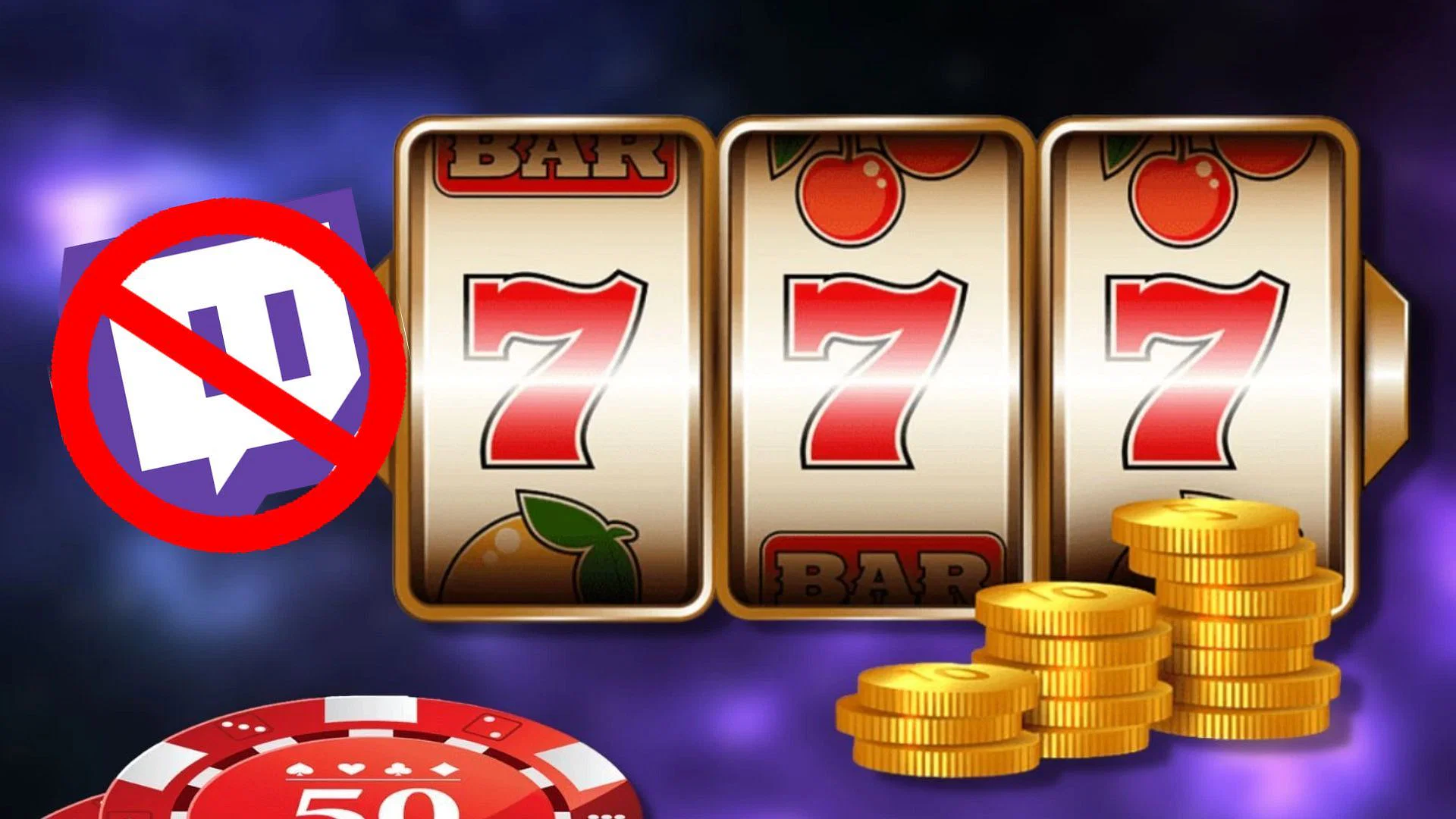Why did Twitch decide to ban gambling? Twitch, a streaming site owned by Amazon, will prohibit users from posting videos in which they play slots, roulette, or in any other way promote gambling, announced the company. Twitch has encountered many problems due to content that shows and promotes betting, and the decision to ban streams showcasing this has been made at the platform level, coming into effect on October 18th. The event that motivated this change was a scandal that erupted when British streamer ItsSliker admitted he had scammed a large number of platform users out of thousands of dollars.

What did the change in the platform’s functioning policy really bring? “Content that shows gambling on Twitch is one of the hot topics, and something we have been actively considering since our last platform policy update”, the company announced. What has the change in platform policies really brought? “We want to inform you about our plans.
We will update the policy to ban streaming content that shows gambling sites, roulette, games of chance, and similar, that are not licensed in the USA or other jurisdictions, all in order to protect consumers.” The decision has been both welcomed and angered the public at the same time. Opinions vary – parents support the fact that the possibility of children encountering online gambling will be reduced, while some users who have broadcasted and consumed this content protest against censorship.
A part of the renewed policy has caused particularly strong reactions. Twitch se obavezao da će zabraniti striming kockanja, ali ne u potpunosti, već striming samo onih platformi koje nisu licencirane i onih koje ne nude dovoljnu zaštitu potrošača. Takođe, zabrana ne obuhvata klađenje na sport. The question arises, what has Twitch actually achieved with the change in platform operating policies?
The scandal with streamer ItsSilker is not the only one that has sparked public discussion about the harmfulness of promoting gambling and betting to children and young people. Richard Bengston, a member of the eSport group FaZe, created a website based on specific betting focused only on the video game CS:GO. He openly stated that at one point, his site was earning about $200,000 a day. In one of the streams, Silker openly admitted that his problem with gambling started in this way, escalated, and now he has a gambling problem that is not only related to gaming and the internet but also occurs live.

Content creators dissatisfied
Streamers who based their content on betting codes, games of chance, and similar online betting methods will have to work hard to adapt their content so that it is not banned after the policy change, which has caused great dissatisfaction. On the other hand, many users praised and supported the company’s move to reduce streaming and promotion of addictive behavior, thus protecting minors (and adults) to a greater extent. How effective the new usage policy will be – whether it will bring changes or just motivate creators of such streams to be more creative in hiding the broadcasting of prohibited content and looking for loopholes in the law, we will see in the coming period.

